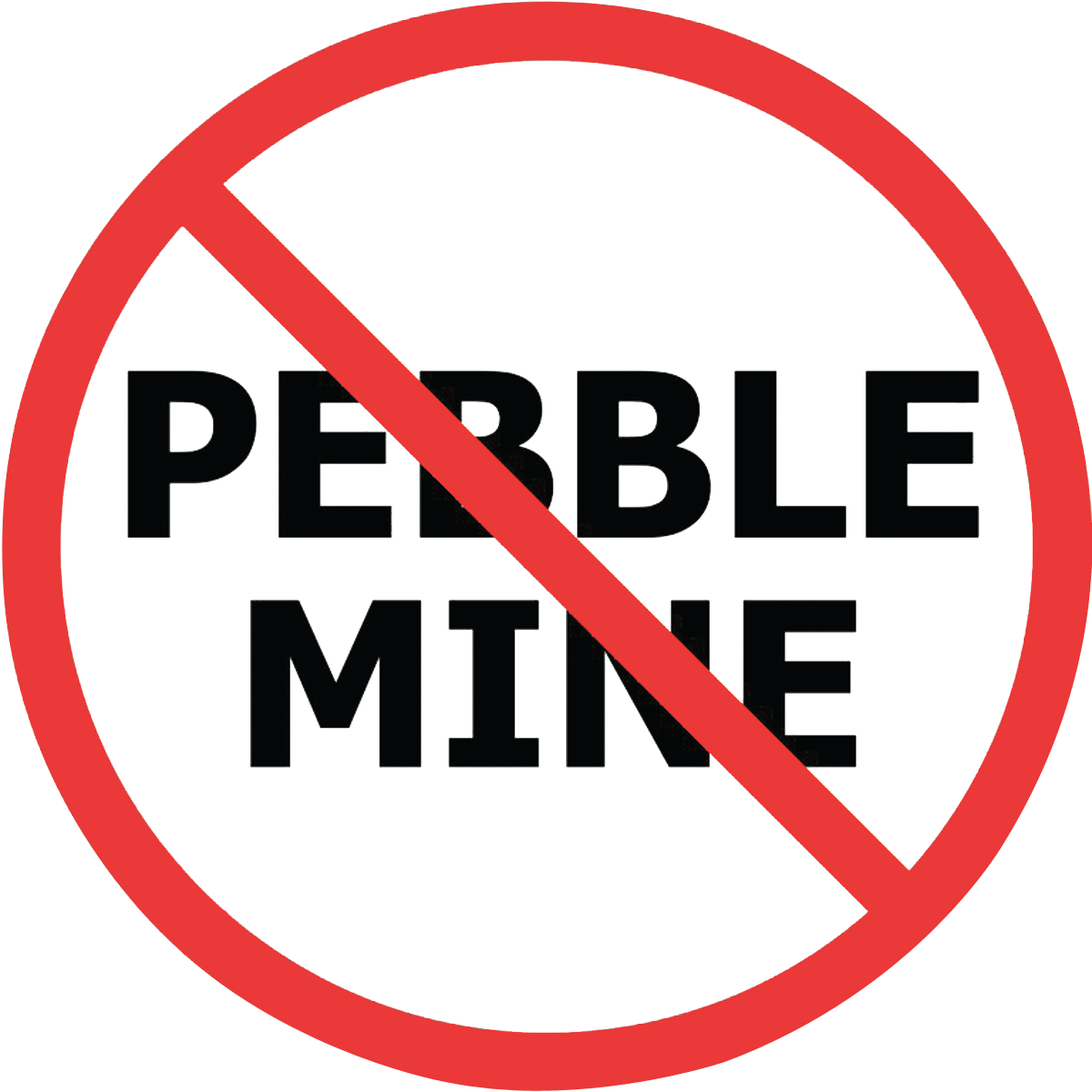Part 1:
We heard lots of powerful testimony at the EPA hearings this summer. Hundreds of Alaskans spoke up to share with the EPA why they do not support mines like Pebble in Bristol Bay.
We created this video with some pieces of testimony, but there is so much more we wanted to share with you. Over the next couple of weeks, we'll be featuring testimony from a number of Alaskan voices on what saving Bristol Bay means to them.
Alannah Hurley, United Tribes of Bristol Bay
"Hi, everybody. My name is Alannah Hurley. My Native name is Acaq, and I was raised in Saguyaq, or Clarks Point, and was fortunate to grow up learning our traditional values and way of life.
I'm here today as a young Yup'ik woman opposed to mining development in our watershed. I have no motivation here other than to protect my future children's right to their culture and right to clean water. This opposition doesn't come from fear or emotion. It doesn't come from outsiders. It comes from listening to the values of our ancestors, the original environmentalists. It comes from educating ourselves on scientific facts that prove mining like this and fish can't co-exist. It comes from history. The most recent example of this history is the Mount Polley mine disaster.
This is not a debate anymore to me. It's been a decade of cold, hard facts that support EPA protecting Bristol Bay. The young people of our region want to see our cultures living into the future. We also know we need jobs and a healthy economy. I grew up in a community where jobs were very few and far between. But mines like Pebble aren't the answer to our problems. We need to work together for a sustainable economy, not one that threatens our lands and waters and our traditional way of life, the very core of who we are as Native people.
Quyana, EPA, for answering our people's request to initiate this process. We will feel the impacts of mines like Pebble, even though we are downriver. And I support a complete prohibition of mining in Bristol Bay. Thank you for listening to our people. Thank you for coming to the region this week and really taking the time to listen to the voices of the people of that this land. Please move forward with these protections. Thank you."

